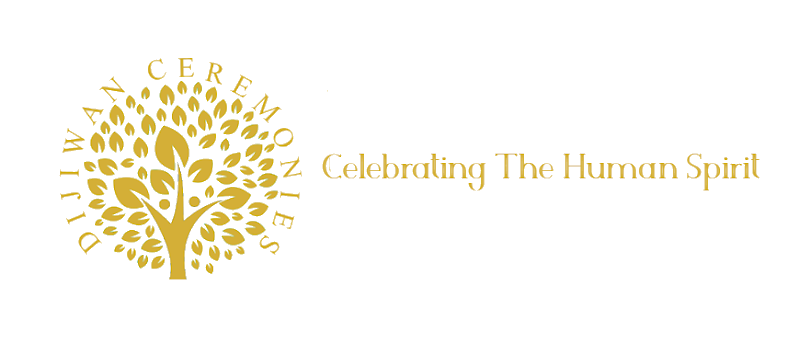Acknowledging Change
Change should be recognized.
A year after I graduated from college I went back to attend a seminar. It was my first time back, and the little changes here and there that had transpired in the interval were striking to me. One actually had me swerving, as the college laundromat had been demolished and the road next to it shifted rather significantly to the right. Going on muscle memory and gawking around, I almost missed the new curve but managed to recover without running off the road. It felt shocking that such a big change had happened in only a year. I haven't been back since, and it's been over 21 years, so if I ever go back I'll be sure to pay especially close attention to the road.
Note why I left college in the first place: graduation. This is a ceremony that we use to mark the completion of all course requirements, but on a more human level it commemorates the close of one chapter in a person's life, and the opening of another. What is done is done, and now it's time to move on to the next thing. We can be wistful and nostalgic about it, but too much of that can detract from where we are the road ahead.
Among Roman Catholics, as with a number of Christian denominations, when children are born they are taken to the priest to be christened. Even churches who don't baptize infants will often have a special dedication ceremony during the service. Implicit in these practices, aside from the theological baggage, is the welcoming of new life. No one wants a baby to be a baby forever, though.
When two people get married we celebrate with family and friends. Some nosey aunts or pushy parents will immediately start asking when there will be children, as if that were a requirement for marriage. What often goes unacknowledged is how much those two people are going to change in their years together. They will change individually, but also as a couple.
"Most people are going to have two or three marriages or committed relationships in their adult life. Some of us will have them with the same person." - Esther Perel, LMFTChange is essential. Without mutability from one state to another, nothing could exist and there would be no room for life or hope. As we all want babies to grow into healthy happy children and, ideally, well-adjusted adults, so also we should hope that as years and experience mold the wedded couple, they will find a way to be shaped together. They will change, and so will the nature of their marriage in truly profound ways. We need to keep our eyes one one another, and not let some little change in course from the norm we knew throw us off and separate us.

